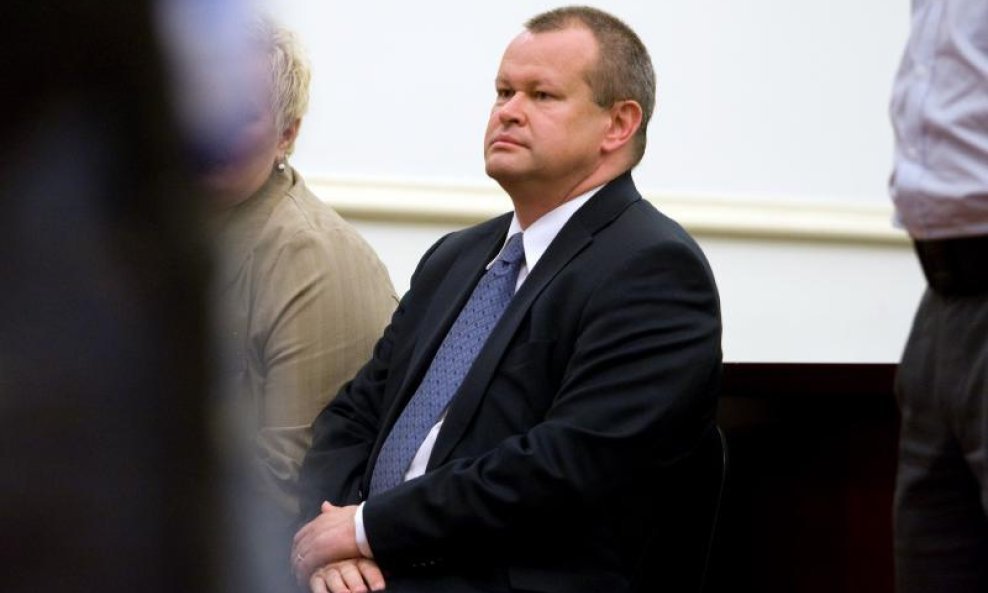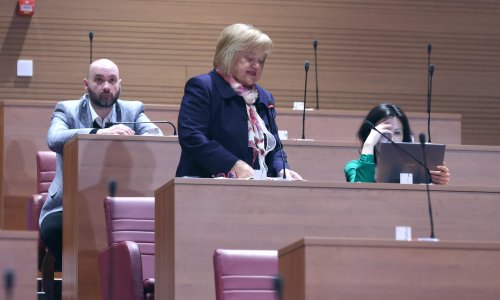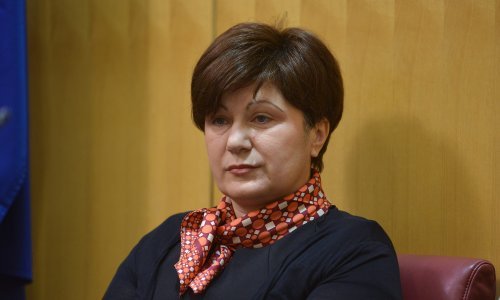Gabor Gion, an auditor with the Hungarian office of the consulting, financial advisory and tax services firm Deloitte, who in 2004 headed INA's auditing team, said in the trial of former Croatian Prime Minister Ivo Sanader on Friday that divesting INA's gas business would be good for the oil company that has been buying natural gas at market prices and selling it below those prices for years.
The Croatian anti-corruption agency USKOK charged Sanader with taking 10 million euros in bribes from Zsolt Hernadi, CEO of the Hungarian oil company MOL, in exchange for securing for MOL management rights in INA, after which INA's unprofitable gas business was to have been divested.
Gion, who appeared as a witness for the defence, said that the gas business was a special problem in INA because gas was purchased every year at market prices and sold at lower prices.
He added that before the shareholders' agreement on INA between the Croatian government and MOL was amended during the term of the Sanader cabinet, INA had taken a loan of one billion dollars which it was expected to pay back immediately in case of violation of certain financial indicators.
The witness claimed that in 2008 INA was still solvent, but that towards the end of that year problems appeared that prevented it from fulfilling its financial obligations regularly.
Asked by the prosecution about INA's business performance in 2008, Gion said that it had operated at a profit in the first nine months, but incurred a major loss in the last quarter. He added that the loss was also due to a major drop in oil prices.
Even though he was expected to testify today, Split businessman Miro Brkic did not appear in court, citing prior engagements.
In this trial, Sanader is also charged with war profiteering, committed by taking bribes from the Austrian Hypo bank at the time of the 1991-1995 Homeland War. Brkic was to have confirmed or denied Sanader's claim that he was not a war profiteer and that he had acquired his property by working in Austria before the war.



































